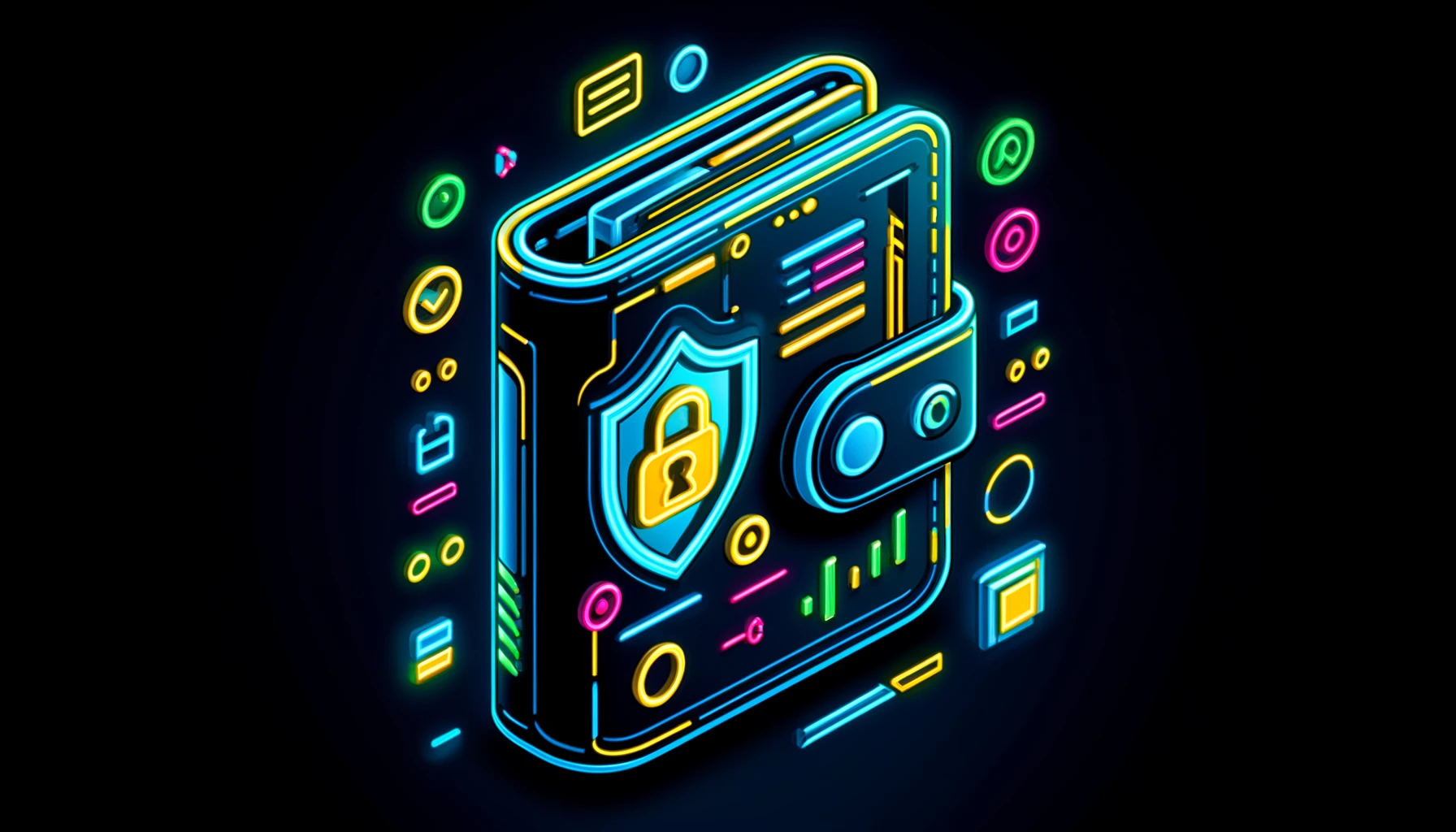
As cryptocurrencies become an increasingly integral part of the financial landscape, understanding the tools needed to manage, store, and trade these digital assets becomes imperative. Central to this understanding are cryptocurrency wallets. These digital vaults come in various forms, with three primary categories emerging: hard wallets, software wallets, and exchange wallets. With the rise of decentralized tokens, these wallets have taken on new dimensions of functionality, expanding the realm of possibilities in crypto trading. This guide aims dig into the intricacies of these wallets, highlighting their benefits, limitations, and how they facilitate buying, selling, and trading.
Hard wallets or hardware wallets are physical, tangible devices created specifically to provide a secure environment for storing a user's private keys offline. Regarded as the bastion of crypto asset security, they offer unparalleled protection against online hacking attempts and malware. Leading providers in this space include Trezor and Ledger.
Pros:
Cons:
While hard wallets offer robust security, they do not provide a direct route for buying and selling crypto. This process requires you to transfer your assets to an online exchange, conduct your transaction, and then transfer your crypto assets back to your hard wallet. Trading decentralized tokens involves a different route. You can connect your hard wallet to a service like MetaMask, which functions as a gateway to the Ethereum blockchain and other compatible networks, enabling you to trade on DEXs.
In the realm of hard wallets, a seed phrase is a crucial element. It's a list of words that store all the information necessary to recover your crypto wallet. This seed phrase is generated on the device during setup and should be physically written down and securely stored offline. If your hard wallet is damaged, lost, or stolen, this seed phrase allows you to recover your assets.
Software wallets exist as applications installed on a digital device, either a computer or a smartphone. Although they offer greater convenience and accessibility than hard wallets, they do so at the cost of absolute security. Examples of such wallets include Electrum for desktops, and Mycelium for smartphones.
Pros:
Cons:
Software wallets often allow users to directly purchase cryptocurrencies within the application. If this isn't supported, users must transfer their crypto to an exchange to conduct the trade, then transfer the proceeds or new crypto assets back to the software wallet. For decentralized tokens, wallets like MetaMask allow direct connection to a DEX, enabling users to execute trades within the wallet interface.
Like with hard wallets, software wallets use a seed phrase. The primary difference lies in the potential exposure to online threats during the seed phrase's generation, given the wallet is hosted on an internet-connected device. Therefore, the secure storage of this seed phrase is of paramount importance.
Exchange wallets reside on online platforms where users can buy, sell, and store cryptocurrencies directly. Renowned crypto exchanges offering these wallets include Binance, Coinbase, and Kraken.
Pros:
Cons:
Exchange wallets provide a platform where users can buy and sell cryptocurrencies directly. However, trading decentralized tokens is heavily dependent on the tokens listed by the exchange, and it isn't truly a decentralized process since it doesn't take place on a DEX.
Contrary to hard and software wallets, users generally don't have access to a seed phrase for exchange wallets. The responsibility for maintaining and protecting the private keys and recovery information falls squarely on the exchange.
Choosing between a hard wallet, a software wallet, or an exchange wallet largely depends on your specific requirements, risk tolerance, and the frequency of your trading activities. The advent of decentralized tokens has added layers of complexity and diversity to the world of crypto wallets. However, it is always essential to understand the importance of a seed phrase in securing your assets, regardless of the type of wallet you choose. As you navigate the shifting terrain of the crypto universe, remember that the safety of your digital assets hinges largely on your choices and awareness. Staying abreast of evolving trends and maintaining a healthy security protocol is crucial to safeguarding your digital wealth.